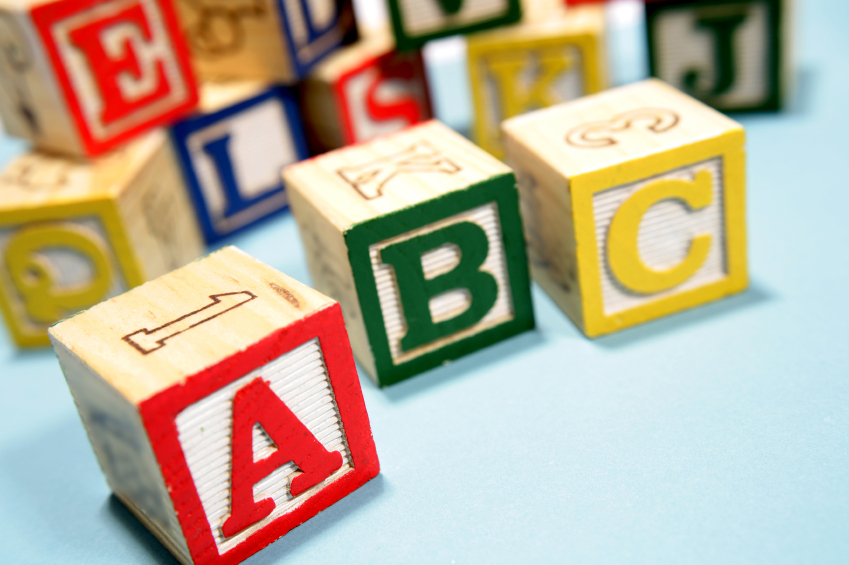Building a Strong Foundation
February 24, 2015 - Angela's PLC

"What do children need to help them remember?"
This was a question asked during our discussion and I found it to be vital to our role as
teachers. There are various answers to this question. Yet, there is not just one simple
answer. Memorization is very dependent on each child and the ways they learn best. As
teachers, it is our job to build a strong foundation of learning so that our students may have
a successful future.
Overall, most students pull information out of their prior knowledge. Their minds make
connections between subjects, ideas, and concepts. School and parents both play a vital
role in building a child's foundation for learning. Students who do not have support either at
or at home will most likely struggle to remember ideas and make those necessary
connections.
One way we can help students understand their learning is by going over tests with the
students. Instead of simply grading a student's work and moving on, the teacher should
walk through the test results with the students and show them where they may be
struggling or excelling. Encouraging students to understand the "why" behind an
incorrect/correct answer is vital for their intellectual reasoning. We also discussed how
repeating orally and using flashcards is a great way to help students memorize information.
Students are certainly sponges when it comes to learning! It is our job to make sure that
we are giving them the pieces with which to build a permanent foundation.






